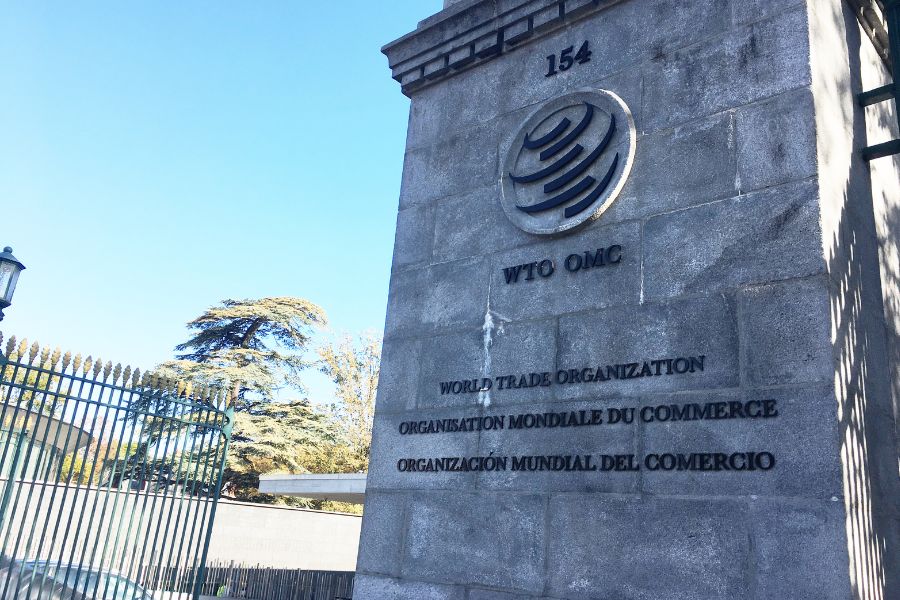Concerns Raised Over WTO Dispute Resolution Draft
India, Bangladesh, Egypt, Indonesia, and South Africa are raising objections to a recent World Trade Organization (WTO) draft on dispute settlement reform. The draft suggests alterations, including the involvement of mediators and changes to dispute settlement panel structures, with concerns focused on potential hindrances for developing countries in accessing the resolution system.

Image Credit: WTO
India, Bangladesh, Egypt, Indonesia, and South Africa jointly expressed concerns about a recent World Trade Organization (WTO) draft on dispute settlement reform in their submission on February 12, 2024. They raised concerns about proposals like limiting appeals to “exceptional circumstances,” fearing confusion and negative effects on developing countries’ access to the dispute resolution system.
The draft includes a proposal to empower the dispute resolution panel to categorize cases as standard, complex, or extraordinarily complex, facing opposition from multiple countries. The introduction of mandatory alternate dispute resolution (ADR) and arbitration has drawn criticism from the five nations, who argue it imposes numerous guidelines, diminishing flexibility and potentially discouraging developing countries, including the least developed ones, from using ADR.
The submission stressed the need for a detailed examination of the consequences of the proposed provisions, aligning with discussions preceding a crucial WTO ministerial conference. India and around 100 countries advocate for restoring a fully functional and transparent appellate body, emphasizing the importance of retaining the member-driven consensus-based decision-making principles.
The WTO’s dispute settlement mechanism has been non-functional since December 2019 due to the absence of an appellate body, with the United States blocking judge appointments. Informal discussions noted by the five nations focused on the appellate review mechanism, specifically issues like leave to appeal and the standard of review.
Concerns were expressed about adding “conciliator or mediator assistance during consultations,” viewed as complicating the litigative process and suggested inclusion of political consultation in ADR during the compliance stage, particularly for smaller economies.
The submission emphasized that the ongoing discussion is disconnected from the larger issues of reinstating the appellate body and ensuring the enduring stability of the underlying structure. The five nations advocated for a more holistic approach, stressing interconnected elements and expressing concerns about potential adverse impacts. They urged a thorough evaluation and emphasized the significance of addressing broader systemic concerns.








Leave a comment